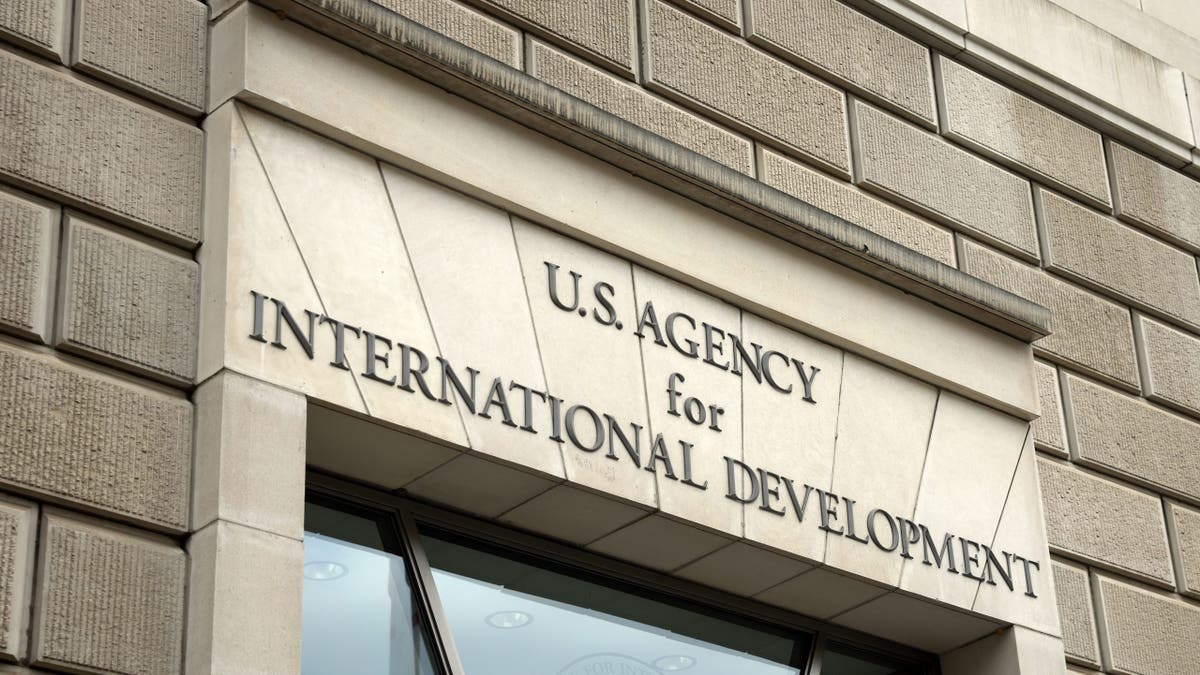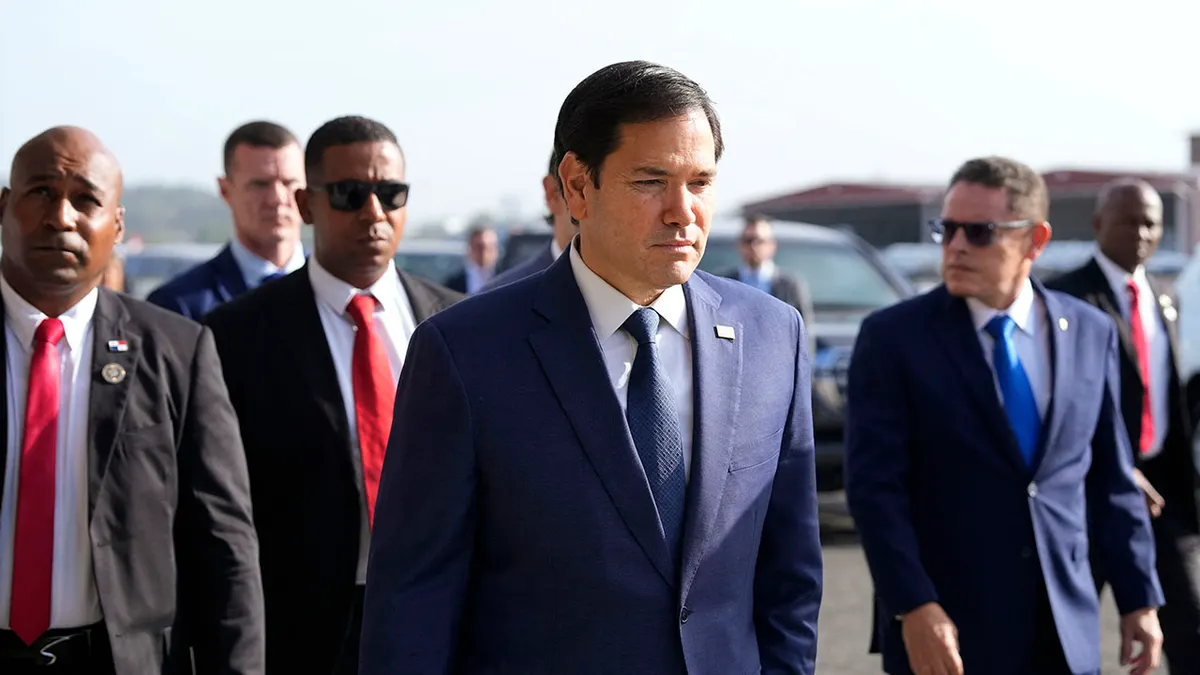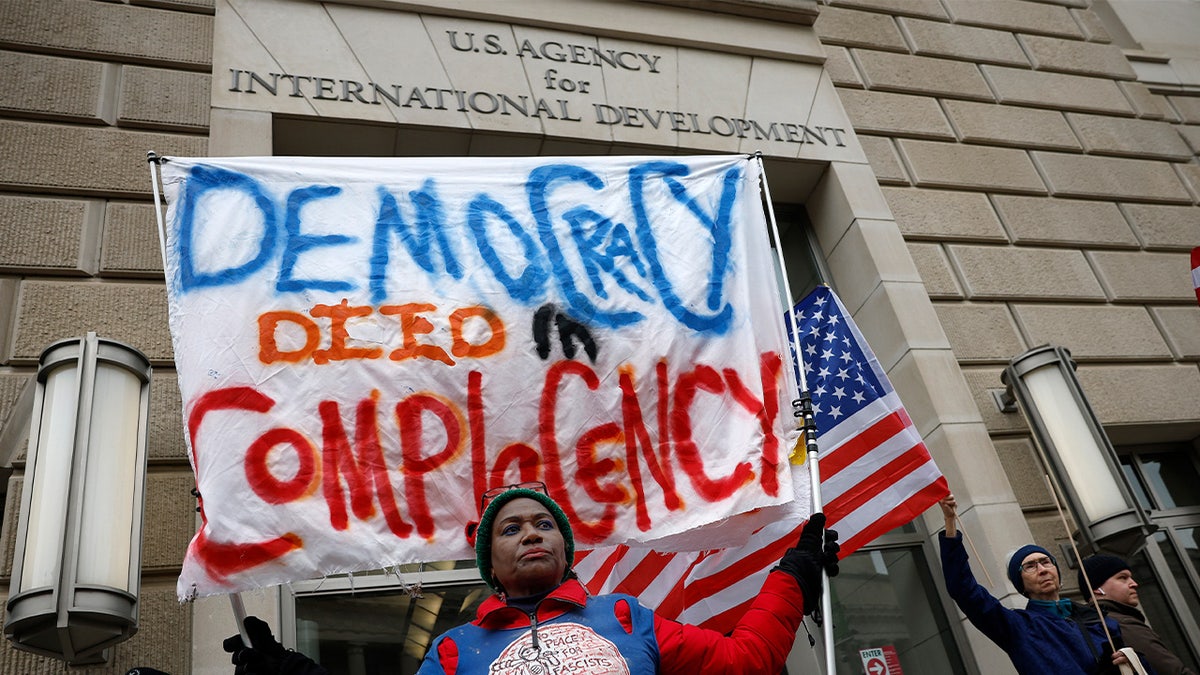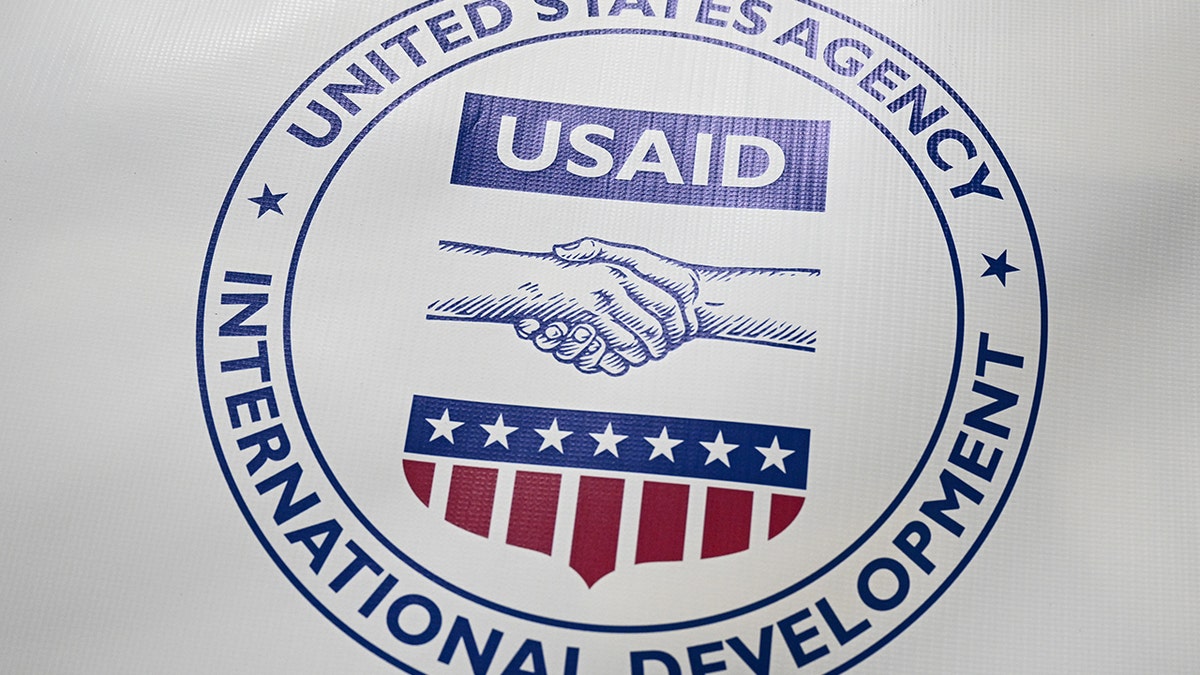The United States Agency for International Development (USAID) has announced that a significant portion of its global workforce will be placed on administrative leave. This move follows reports of impending closures of overseas missions and staff recalls to the U.S. While designated personnel handling critical functions, leadership roles, and specific programs will remain active, the majority of USAID's overseas staff are expected to return to the United States within 30 days, with the agency covering travel expenses and terminating non-essential contracts.

USAID has stated that individual exceptions to this return timeline will be evaluated on a case-by-case basis, taking into account personal hardships, safety concerns, family needs, and other relevant factors such as dependents' school schedules and medical requirements.
The agency has faced increasing scrutiny from the Trump administration regarding its spending practices. The White House has criticized USAID for a perceived lack of accountability in allocating substantial funds to projects deemed questionable and potentially harmful, often involving diversity, equity, and inclusion (DEI) initiatives.
Secretary of State Marco Rubio, in a recent interview, expressed concerns that USAID operates more like a global charity than a U.S. government agency, prioritizing its own agenda over national interests. He highlighted the agency's reported insubordination and resistance to government oversight, emphasizing a need for reform.

Rubio also pointed out widespread complaints from U.S. embassies about USAID's lack of cooperation and its tendency to undermine diplomatic efforts. Senator Jodi Ernst echoed these concerns, calling for rigorous scrutiny of USAID's spending and highlighting instances where allocated funds allegedly reached unintended recipients or were used for projects with questionable outcomes.

Ernst cited examples such as humanitarian aid intended for Syrian civilians reportedly ending up in the hands of terrorists, funds allocated for Moroccan pottery classes, and financial assistance to Ukraine used to support models' attendance at Fashion Week events. She also criticized a USAID initiative in Afghanistan aimed at promoting alternative crops to opium, which allegedly resulted in a significant increase in opium poppy cultivation.

Comments(0)
Top Comments